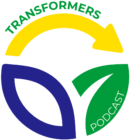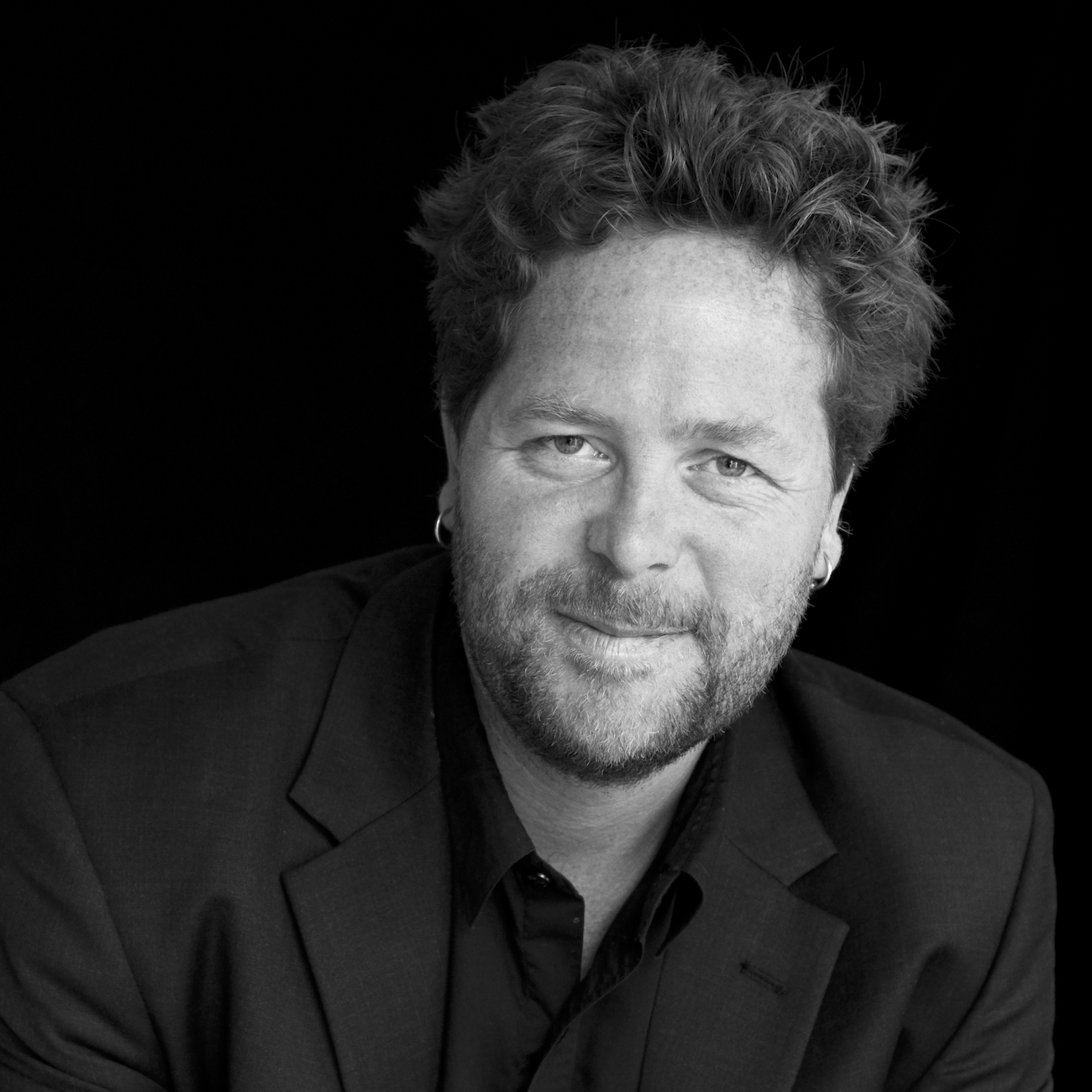This post was written by guest writer Christer Windeløv-Lidzélius.
*
Alan Webber, (Mayor of Santa Fé, New Mexico and Co-founding editor of Fast Company and long-time friend of Kaospilot) once said: If you could focus on one thing, and one thing only, to try to change the world, what would it be? The answer is education.
When the school opened its doors in 1991, not many did know about the roller-coaster ride ahead. Another friend of the school, the late Dame Anita Roddick, once said to our students: “Entrepreneurs are outsiders by nature – outsiders with a work ethic”. And Kaospilot was and continues to be, an outsider in the educational system. Partly due to the legislation surrounding it, partly due to its financial model, partly due to its structure and culture – but mostly due to its pedagogical approach.
The core of the pedagogy evolves around the intersection of three questions: What kind of leadership does the world need? What kind of projects does the world need? And, what sets you on fire? That means that the school always changes, always evolves.
The Kaospilot approach is an empowering approach where the students largely co-create the curriculum. It is like an accelerator, helping the students realize their potential, values, and dreams, by providing tools, knowledge, skills, attitudes, networks, and opportunities. It´s fundamental belief is that the future is not yet written. Hans Ohlsson, alumni and current CEO of EllosGroup point out that the single biggest learning from his time at Kaospilot was “a profound understanding that the future is actually created”.
The world is unpredictable. It is turbulent and complex. If anything, the last year or so has really shown us that. How to navigate such a world requires a special sensibility to the world, empathy, and a maneuverability.
John Kao (author, adviser, and entrepreneur) said our biggest challenge is managing for unknown unknowns – pointing to the need for new models of leadership and organisations – indicating that more organisations should like Kaospilot engage to try to figure out how to shape the emerging agenda.
Kaospilot is less about informing than inducing, less about shielding from the world than backing up new initiatives. The learning process is messy, hard, at times disappointing. But these types of processes create resilience, that spurs creativity, personal responsibility, and initiative. It is a formative experience, often not fully recognised until after graduation.
Lars Kolind (former CEO of Oticon) once said about Kaospilot: “We would need to invent it, if not already existed”. His view of Kaospilot is that it is an Innovation Factory, for the new rule-breakers and rule-makers: the people that disrupt the status quo and change our perception of what is possible. Take Aarhus City Council member Jesper Kjeldsen and his partner Andreas Lemche who founded Postevand (tab water) when graduating from the school as a way to promote a more environmentally sound alternative to bottled water. Or alumni Anne Kjaer Bathel, CEO & Founder of ReDI School of Digital Integration, tackling two challenges with one solution: Lack of IT skills and need for integration.
Ida Tin (alumni), the co-founder and CEO of Clue, with 12 mill users in 190 countries encourages Kaospilots and other alike: “Think big, take on big global issues, find the smartest people on the planet to collaborate with, stay ethically strong and be very very courageous”.
How are we to think about the impact of something like the Kaospilot? There are many different ways to assess it, but one that I am drawn to is the number of relationships and projects it has given birth to. Every year we develop an average of 200 projects (depending on how you define a project), staff and students combined. Over 50% of those are estimated to take place with people and organisations we have not previously worked with. In the course of close to 30 years, that’s a lot of organisations. Up to now, we have graduated more than 800 alumni from our 3-year program. Our latest data show that around a third of those consider themselves entrepreneurs and around 50% have some sort of managerial responsibility. We have had more than 5000 people on our shorter programs. Hundreds of schools have joined our programs or come to visit over the years. I guess that this is at least an indicator of our work being valued. And, maybe, just maybe, what we do is inspires us and other people to do better. If you think about it like that, as a small institution, can have a large effect. And if a change in education is the most important way to change the world, then being a school that inspires other schools is a gratifying and humbling experience.
Christer Windeløv-Lidzélius
CEO & Principal at Kaospilot
Listen to my interview with Uffe Elbæk, the founder of Kaos Pilots for Transformers.


